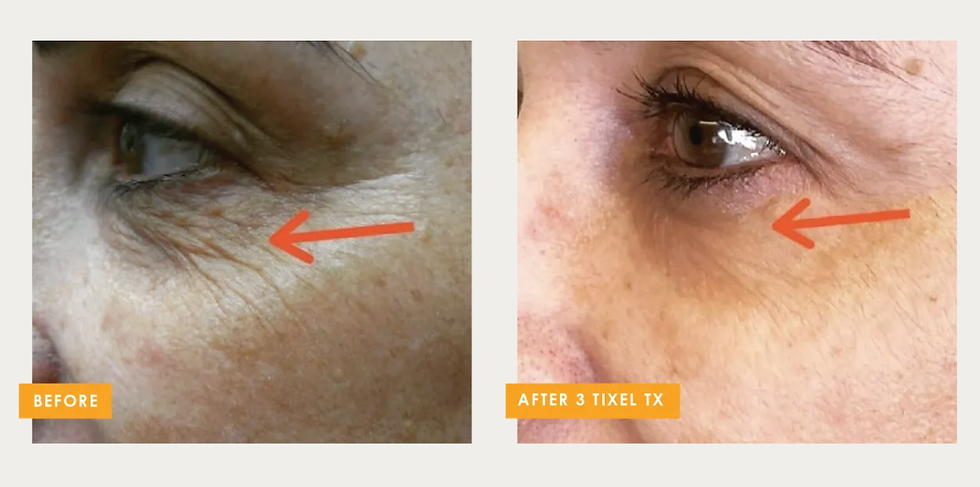What should I expect in my eye exam?
- Envision Optometry
- Feb 13, 2019
- 2 min read
Updated: May 1, 2019
A comprehensive eye exam is an integral part of assessing overall health and consists of 2 general components:
Refraction: This is the primary reason many people schedule an eye exam, the part where you’re asked “which is better, 1 or 2”. This portion assesses visual acuity (how well you see), and what your glasses prescription is (you get a copy at the end of your exam). Different lenses are used to determine your prescription, and this is done typically with an instrument called a phoropter (see picture below):

Tip: It is absolutely okay to say if two options look the same, or to ask to see the choices again.
Dilation: Many people forget (willingly or not) about dilation, which is included in a full comprehensive eye exam. It is vital to determine the health state of the eye. Many eye diseases and disorders don’t necessarily have any symptoms in the early stages, but they can be identified and diagnosed early with a thorough ocular health evaluation. Special eye drops are used to stimulate the pupil to widen, and this process takes about 10-20 minutes to work once the drops are instilled. Side effects usually last about 3-4 hours but can last shorter or longer depending on the eye sensitivity. Side effects include: light sensitivity (wear sunglasses outside) and blurry vision mostly up close (computer, book, cell phone distances).

A slit lamp is used during the exam to assess the structures and layers of your eye with high magnification. Before dilation, the front structures of the eye are assessed. After dilation, a lens is used to assess the tissue at the back of the eye through the dilated pupil.

We also test ocular motility (eye movement), eye pressure (too high is concerning for glaucoma), peripheral vision, color vision, depth perception, and eye alignment. If you wear contact lenses, a contact lens evaluation is an additional procedure where the lenses are evaluated and the prescription is fine-tuned on the eye (it does not always match the glasses prescription).
A typical exam lasts anywhere from 20-30 minutes to about an hour depending on if dilation is performed. Don’t be a stranger, schedule your eye exam today!




Comments